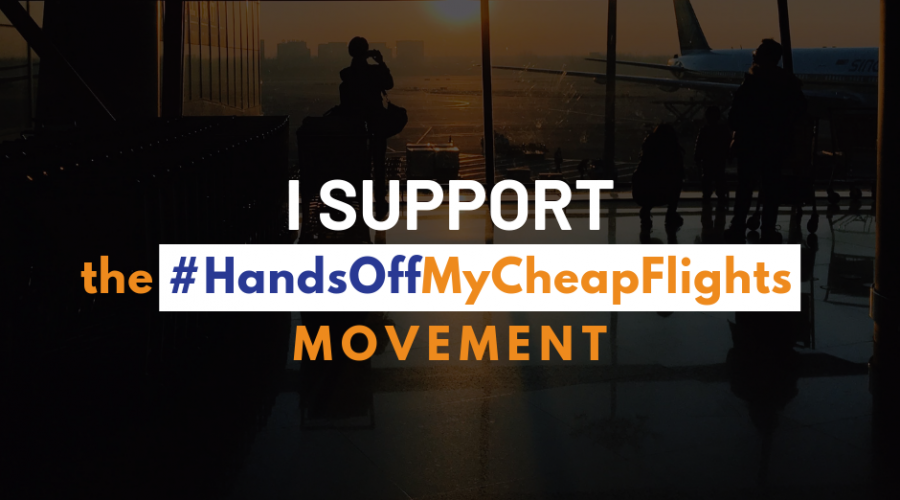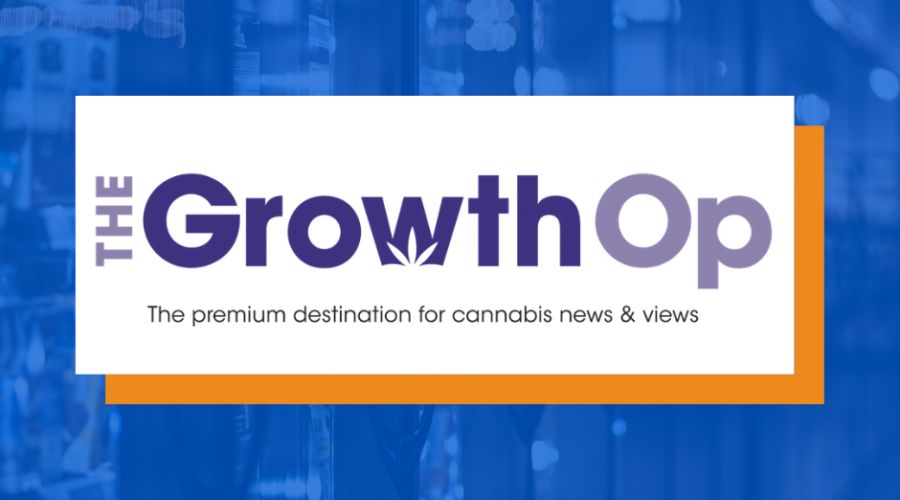Google cuts off Huawei from Android ecosystem
Fred Roeder, managing director of the Consumer Choice Centre, a consumer activism group based in Arlington, Virginia, said that outright bans on technology equipment based on country of origin should only be a last resort for governments, and suggested open source might actually be a good route forward. “Bans risk getting the global economy deeper into costly trade wars. Consumers benefit from competition and the fast rollout of new technologies such as 5G networks,” he said.
“At the same time, we are worried about vulnerabilities and potential backdoors in equipment and software. Closed systems have a much higher likelihood of hiding vulnerabilities. Hence more open systems and open source approaches can really help consumers, and governments, trust the security promises of 5G providers,” added Roeder.










